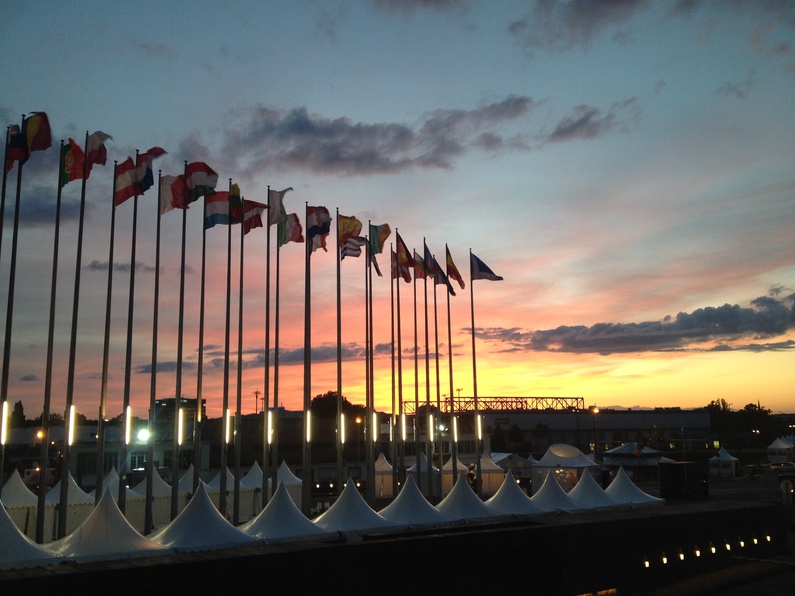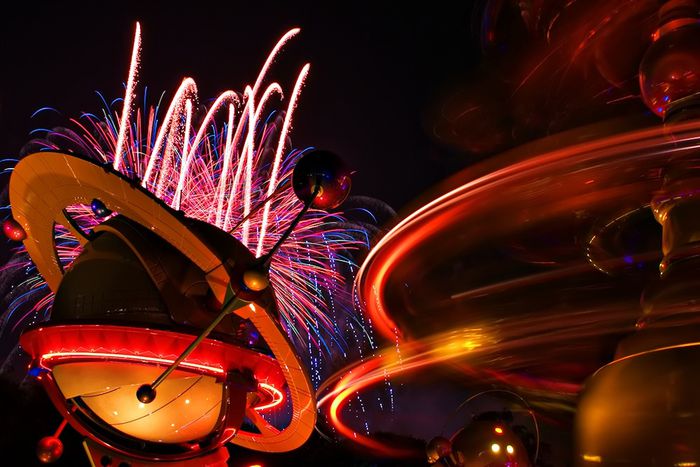
Europe's Young People Taste the Future
Published on
From 8 to 11 May, the European Commission made sure that future generations of European leaders feel involved and valued by the people in charge. But what was this event all about and why did it matter? Cafebabel attended the European Youth Event in the ‘City of Suits’...
“Tell me, and I will forget. Show me and I may remember. Involve me, and I will understand.” Confucius.
As the European elections draw closer, hundreds of organisations were invited in early May 2014 to participate in the European Youth Event at the European Parliament in Strasbourg. Aiming at bridging the gap between young Europeans and the inner workings of European politics, the three day event gathered more than 5000 youngsters from all over Europe.
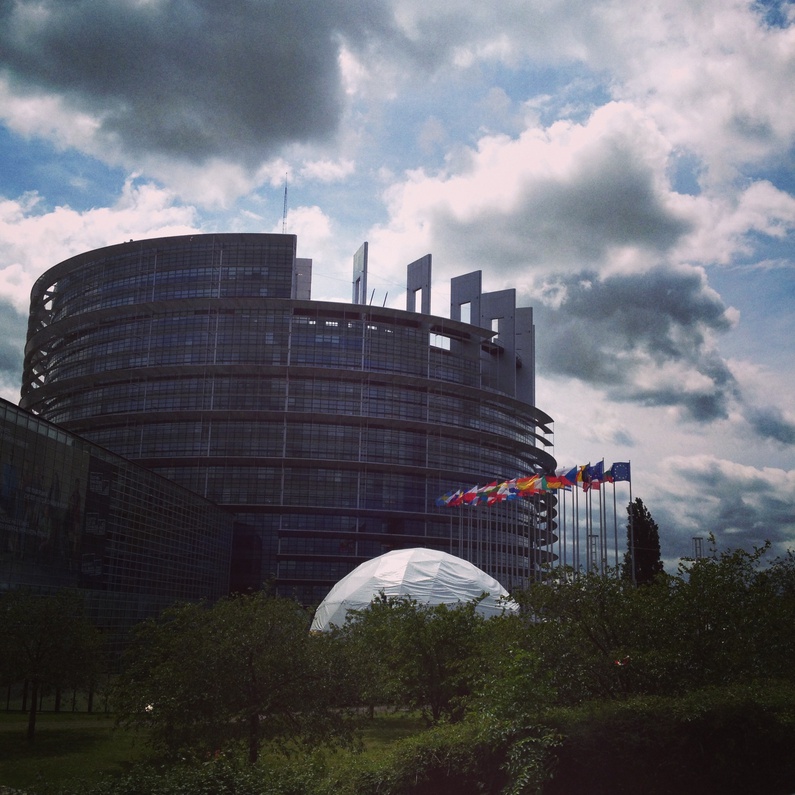 A total of 120 young European journalists were given the opportunity to document the event held for newly elected Members of the European Parliament (MEP).
A total of 120 young European journalists were given the opportunity to document the event held for newly elected Members of the European Parliament (MEP).
The ever controversial Daily Mail described it as a “bizarre event” and accused the EU of trying to bribe young Europeans before the elections. But despite the Mail’s criticism, the “bizarre event” proved to be a first class opportunity for young Europeans not only to raise their voices, but also to experience the daily issues faced by MEPs.
I was, for example, invited to look at workshops and seminars discussing European values in the global era. “The bright side of globalisation" involved a role-play in which young Europeans simulated a plenary session. “The aim is for the participants to take on the role of various parties and party groups of parliament and work towards agreeing on a common text as a draft proposal,” explained Frands Pedersen, academic lecturer at Westminster University.
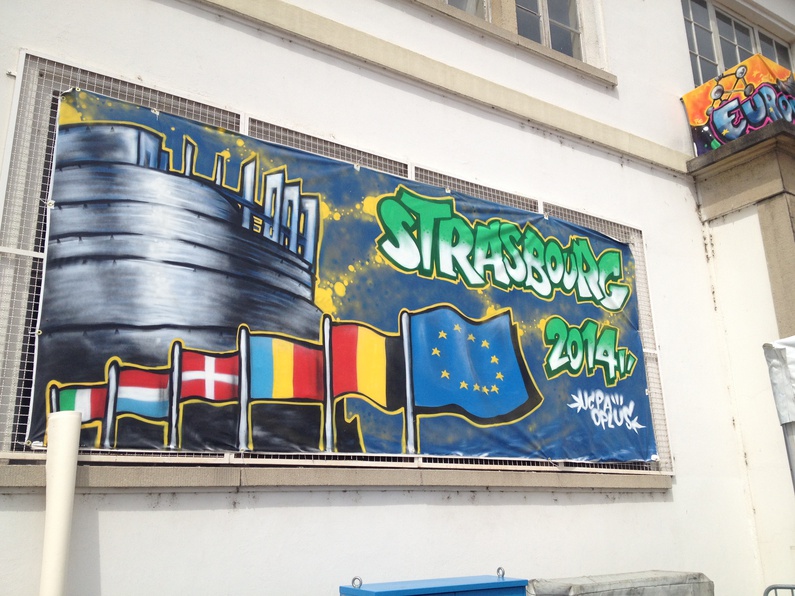 For six hours, fifty participants took on the role of MEPs from one of the seven leading European alliances to discuss a current European issue: the International Cocoa Agreement.
For six hours, fifty participants took on the role of MEPs from one of the seven leading European alliances to discuss a current European issue: the International Cocoa Agreement.
In recent years, European countries including France, Belgium and the United Kingdom have been importing cocoa beans from West African countries such as the Ivory Coast, Ghana, Nigeria and Cameroon. The Cocoa Agreement is a deal between leading cocoa producing countries and Europe’s leading cocoa consuming countries, aiming to make the trade fairer and more transparent.
Personally, I was not only impressed by the way the participants tackled issues including child labour, food safety, environmental protection and human rights, but also by the complexity behind a proposal for something that seems as normal as producing chocolate.
For Marton Hajdu, an official from the European Institution in Brussels, it is important for young Europeans to understand “the merit of an open debate and of compromising” because this is “what Europe is really about.”
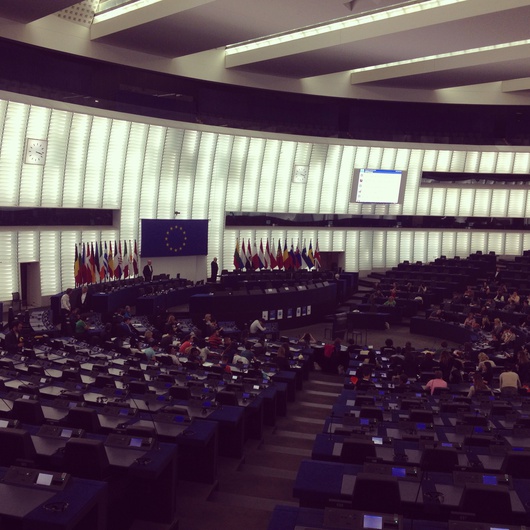 In the wake of the abduction of over 200 hundreds school girls in Nigeria by extremist group Boko Haram, the European Youth Event also shed light on another current global issue: human trafficking. The workshop, at the initiative of Cypriot non-profit organisation Vraka Folkloric Group, participants explored the ‘dark side of globalisation’ and brought up proposals including stronger legislation to protect victims of human trafficking.
In the wake of the abduction of over 200 hundreds school girls in Nigeria by extremist group Boko Haram, the European Youth Event also shed light on another current global issue: human trafficking. The workshop, at the initiative of Cypriot non-profit organisation Vraka Folkloric Group, participants explored the ‘dark side of globalisation’ and brought up proposals including stronger legislation to protect victims of human trafficking.
According to Vraka, the developing technologies of globalisation have a downside as they facilitate the transportation of human beings by criminals. But for Maria Kyprianou, a PhD student at University College London and a member of Vraka: “Young Europeans can change the future of Europe. United we can stop human trafficking.”
Over the weekend, over 200 similar workshops and seminars took place in the European Parliament and outside in the Yo!Village set up by the European Youth Forum. The European Youth Event 2014, which had as its motto "Ideas for a better Europe", expanded the global understanding of young people of the issues that MEPs face during their time in office. While it is sometimes difficult not to find European institutions bureaucratic, I must say that the European Youth Event has left me both self-reflective and determined to continue engaging with European values. 